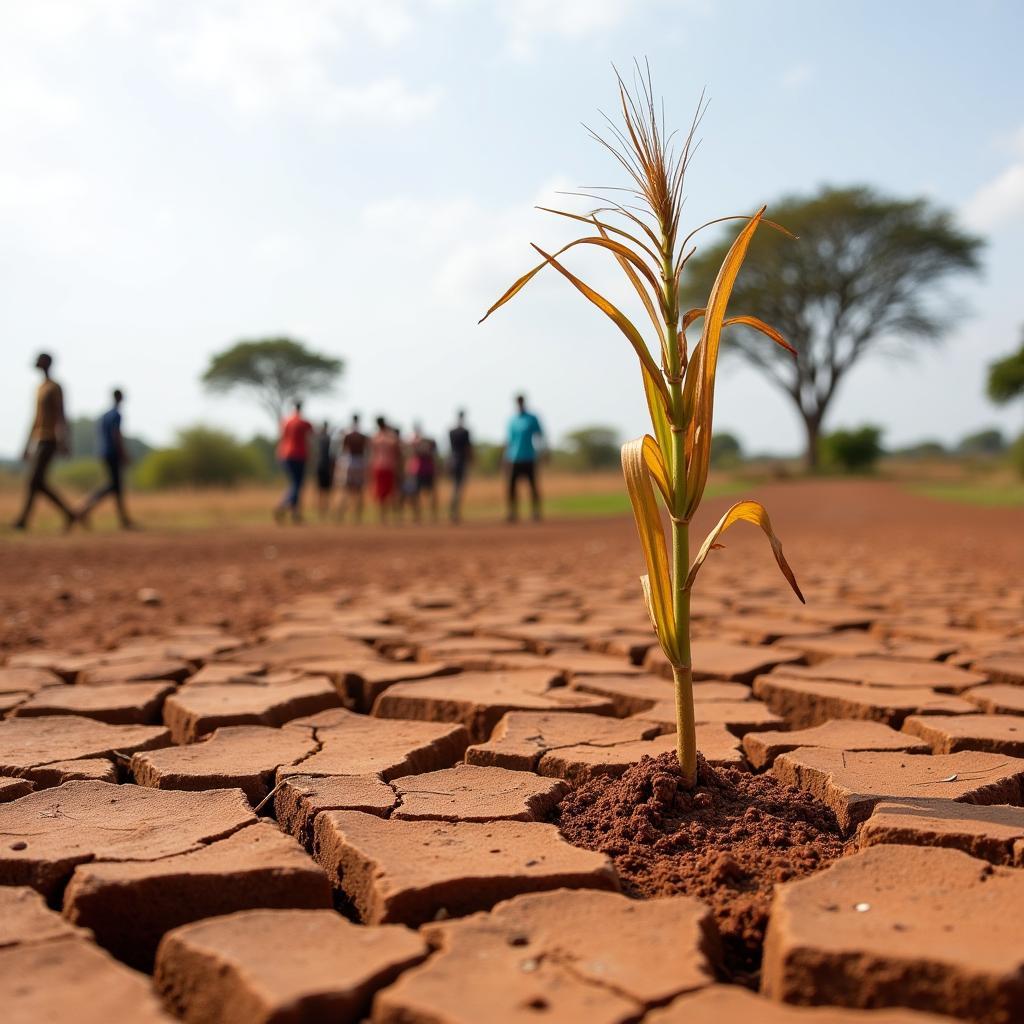African Currencies and Their Values: A Comprehensive Guide
Understanding the currencies of African countries is crucial for anyone traveling, trading, or investing in the continent. This guide will delve into the diverse world of African currencies, their values, and the factors influencing their exchange rates.
The Diverse Landscape of African Currencies
Africa is a continent of immense diversity, and its currencies reflect this. From the South African Rand to the Nigerian Naira, the continent boasts a rich tapestry of monetary systems. Each currency has its unique history, design, and economic context.
Factors Influencing Currency Values
The value of a currency is determined by several factors, including:
- Economic Growth and Stability: Strong economic performance typically leads to a stronger currency. Countries with stable economies attract foreign investment and have higher demand for their currencies.
- Interest Rates: Higher interest rates attract foreign investment, increasing demand for the local currency.
- Inflation: High inflation erodes the purchasing power of a currency, leading to its depreciation.
- Government Policies: Fiscal and monetary policies can influence currency values. For instance, government spending can impact inflation, while currency controls can limit exchange rate fluctuations.
- Political Stability: Political instability can lead to currency depreciation as investors seek safer havens.
- Global Market Trends: Global commodity prices, interest rate changes in major economies, and geopolitical events can all impact currency values.
Key African Currencies And Their Values
South African Rand (ZAR): The Rand is one of the most traded African currencies and a key player in regional trade. It is relatively stable compared to other African currencies, though subject to fluctuations based on global economic conditions.
Nigerian Naira (NGN): The Naira is the currency of Nigeria, Africa’s largest economy. Its value is influenced by oil prices, as Nigeria is a major oil exporter. It has faced depreciation in recent years, largely due to fluctuations in oil prices and economic challenges.
Egyptian Pound (EGP): The Egyptian Pound has been experiencing depreciation in recent years, driven by economic reforms, political instability, and the global COVID-19 pandemic.
Kenyan Shilling (KES): The Kenyan Shilling has remained relatively stable, supported by a strong tourism industry and increasing economic growth.
Ghanaian Cedi (GHS): The Ghanaian Cedi has been subject to fluctuations due to economic challenges and political instability.
Understanding Exchange Rates
Exchange rates are constantly changing, reflecting the relative values of different currencies. The exchange rate between two currencies is influenced by the factors mentioned above and the interplay of supply and demand in the foreign exchange market.
Tips for Managing Currency Risk
- Research and Plan Ahead: Before traveling or conducting business in Africa, research currency exchange rates and consider options for managing currency risk.
- Consider Using a Currency Converter: Numerous online currency converter tools can help you track exchange rates and make informed decisions.
- Use ATMs: ATMs are typically the most convenient and economical way to obtain local currency while traveling.
- Protect Yourself from Scams: Be wary of street money changers or unofficial exchange bureaus, as they may offer unfavorable rates or counterfeit currency.
A Look at the Future of African Currencies
The future of African currencies will be influenced by a combination of factors, including economic growth, political stability, and global market trends. Efforts to diversify economies, enhance financial infrastructure, and promote regional integration will play a crucial role in shaping the future of African currencies.
Expert Insights:
Professor Amara Konaté, a renowned economist specializing in African economic development, shares his thoughts:
“The African continent has enormous potential for growth, but challenges such as political instability and infrastructure constraints remain. To unlock their full potential, African countries need to implement sound economic policies, foster investment, and strengthen their financial sectors.”
“Currency stability is essential for attracting foreign investment and promoting sustainable growth. As African economies continue to develop, we can expect greater currency stability and integration within the continent.”
Conclusion
Understanding African currencies is an essential aspect of navigating the continent’s diverse economic landscape. By staying informed about the factors influencing currency values, you can make informed decisions for travel, trade, and investment. As Africa continues its journey of economic transformation, we can expect the African currency landscape to evolve further, presenting both opportunities and challenges.
FAQ
Q: What are the most popular African currencies?
A: Some of the most popular and frequently used African currencies include the South African Rand, Nigerian Naira, Egyptian Pound, Kenyan Shilling, and Ghanaian Cedi.
Q: How can I find the current exchange rates for African currencies?
A: You can access up-to-date exchange rates through online currency converters or reputable financial websites.
Q: Are there any risks associated with using African currencies?
A: As with any currency, there are potential risks associated with using African currencies. Fluctuations in exchange rates and economic instability can impact the value of your money.
Q: What are some tips for exchanging currency in Africa?
A: Research exchange rates before you travel, use ATMs to withdraw local currency, and be cautious of unofficial money changers.
Q: Is it possible to convert currencies online?
A: Yes, several online platforms allow you to convert currencies, though it’s always advisable to compare rates and choose reputable services.
Q: What is the future of African currencies?
A: The future of African currencies is intertwined with the continent’s economic growth, political stability, and global market trends. As Africa continues to develop, we can anticipate greater currency stability and integration within the continent.

